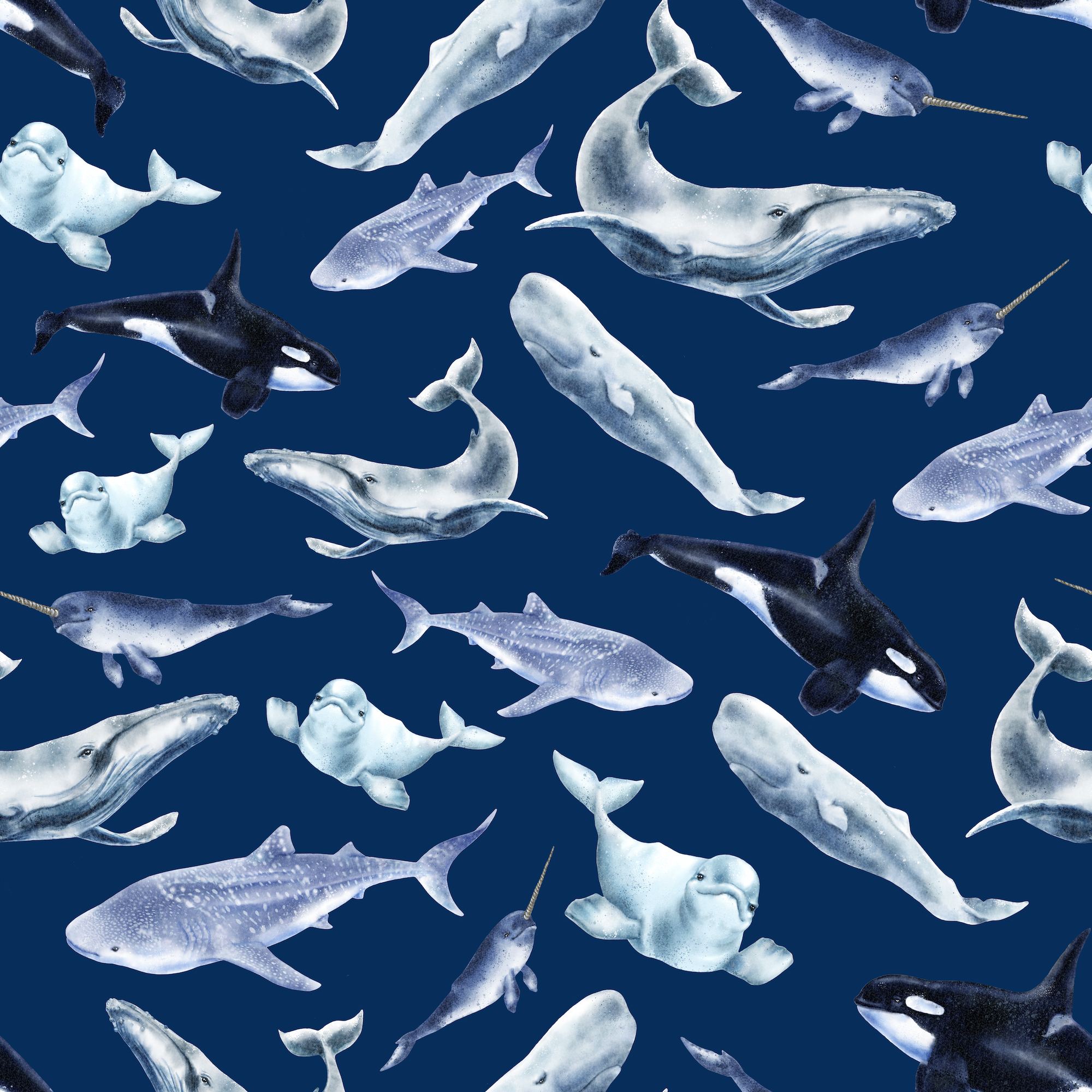The conclusion of the last meeting of the International Whaling Commission (IWC) held in Portoroz, Slovenia, was undoubtedly one of the most disappointing in relation to the maintenance of the global moratorium on commercial whaling and the integrity of whale sanctuaries.

When on the morning of last March 31, Peter Tomka, President of the International Court of Justice (ICJ) sentenced in a landmark and unprecedented ruling that the so-called “scientific” whaling program that Japan conducts in Antarctic waters is illegal, many of who work in conservation and non-lethal use of cetaceans celebrated. We saw with optimism that the meeting in Portoroz would at last have the political and legal tools to achieve the ending of these whale slaughters, marking a historic change in what has been a gradual and laborious process of reforming the outdated convention that guides the work of the Commission.
But what promised to be a unique opportunity for global diplomacy and environmental organizations, ended up in one of the largest defeats in the history of the conservation of these marine mammals.
Who’s to blame? Although ironic, most of the responsibility falls on the same countries that had the courage to sue Japan in the International Court of Justice: Australia and New Zealand. Both governments decided to take an exceptional legal victory and transform it into virtually a dead letter. All in order to prioritize trade relations that currently dominate the political agenda of both countries.
The two southern hemisphere nations, which for decades were internationally recognized for strongly defending the integrity of whale sanctuaries and the moratorium on commercial whaling, crafted under the leadership of New Zealand, a toothless resolution that has no capacity to enforce the final decision of the ICJ. It will not be able to prevent Japan from executing its obvious intentions to return to the Southern Ocean to continue killing whales under the disguise of “scientific” research in an area that is protected under international law. And as before, there is no doubt that the whales killed in the name of “science” will end up in fishmonger’s counters, supermarkets and commercial distribution chains of the Asian nation.
More contradictory was to observe how Australia – that four years ago strongly pushed for the elimination of Article VIII of the Convention (which allows countries like Japan use and abuse the loophole of “scientific” whale hunt) – limited its behavior in Portoroz to unconditionally support the weak New Zealand resolution.
But undoubtedly the most upsetting experience of the last IWC meeting was to witness the unwillingness of many civil society organizations (NGOs) to oppose a resolution that does not meet or comply with what the environmental community publicly promotes: the ending of so-called Japanese “scientific” whaling programs.
Despite the sustained efforts of small civil organizations from Latin America to reverse the support granted by large NGOs like World Wildlife Fund (WWF), International Fund for Animal Welfare (IFAW) and Greenpeace to the weak New Zealand proposal, these mega civil organizations preferred to play the policy of Realpolitik, and actively promoted its adoption. The justification provided by these NGOs was that getting something is better than nothing. But an analysis of this approach shows that the New Zealand resolution is not only useless to prevent the continuation of whaling operations in the Southern Hemisphere but it also endows these killings, seriously obstructing progress towards its permanent cessation in the near future.
What the Japanese whaling interests obtained with the adoption of the New Zealand resolution, is nothing more and nothing less than the legitimization of these anachronistic hunting operations in a polar area designated as a sanctuary by the members of the IWC.
The content of the resolution is limited to instruct the Scientific Committee – which includes a block of very active pro whaling researchers – to review “scientific” whaling programs in order to fulfill the requirements ruled by the International Court of Justice on this matter. The reasoning behind the New Zealand argument was to limit the number of whales killed – whose randomness in scale of the samples was one of the main arguments of the ICJ to determine the illegality of the Japanese catch in Antarctic waters. However, the resolution is extremely concerning in the long term since it tacitly accepts whaling operations for “scientific” purposes. This is a huge step backwards, considering that it will obstruct the evolutionary process of the IWC, which had made some progress during the last years in discussing the possibility of eliminating this loophole.
The future scenarios under this reality look grim. If Japan does not accept the future review of its whaling programs by the Scientific Committee, the IWC has no tools to stop a new whaling season in Antarctica. If Japan accepts the review of the committee, it will still sail its whaling fleet towards the Southern Ocean whale sanctuary to capture the number and species of whales that the scientific committee of the IWC considers acceptable. Only that this time Japan will have international “scientific” support, further hampering any attempt to avoid or eliminate these slaughters.
But that’s not all. Japan has firmly confirmed that the continuation of its whaling program in Antarctica is for the purpose of resuming commercial whaling in the same area. Therefore, the adoption of the resolution also constitutes a dangerous incentive for the Asian nation to continue implementing its aggressive Harpoon Diplomacy – that includes buying votes from Caribbean and West African countries – in order to eliminate the moratorium on commercial whaling and the Southern Ocean whale sanctuary.
In addition, the legitimacy of “scientific” whaling through the New Zealand resolution could in the short and medium term, open opportunities for other countries to use Article VIII to strengthen their whaling policies. In this regard it’s important to note that just two years ago, South Korea tried to conduct such a program, but thanks that these killings were not endorsed by the IWC, sufficient pressure was built to stop them.
Perhaps the only positive side of this disturbing meeting was the courageous position of countries like Chile, Colombia, Costa Rica, Ecuador and the Dominican Republic, which despite the strong pressure received from New Zealand and various northern hemisphere NGOs to support this misleading proposal, they all remained consistent with the policies promoted by the Grupo Buenos Aires (Latin American countries in the IWC) which include, among others, a permanent commitment to the maintenance of the moratorium on commercial whaling and integrity of whale sanctuaries.
These Latin American nations, along with other Buenos Aires Group members and small NGOs, are the ones who deserve to be recognized and strengthened in the future to continue leading the defense and conservation of whales in the 21st century. Because as the last IWC meeting in Portoroz made it clear, the actions of countries like the United States, Australia and New Zealand with the support of big transnational conservation organizations, are currently not the way for future generations and our oceans to finally be free of whaling harpoons.
By Elsa Cabrera, executive director of the Cetacean Conservation Center (Chile) and accredited observer to the IWC since 2001.



